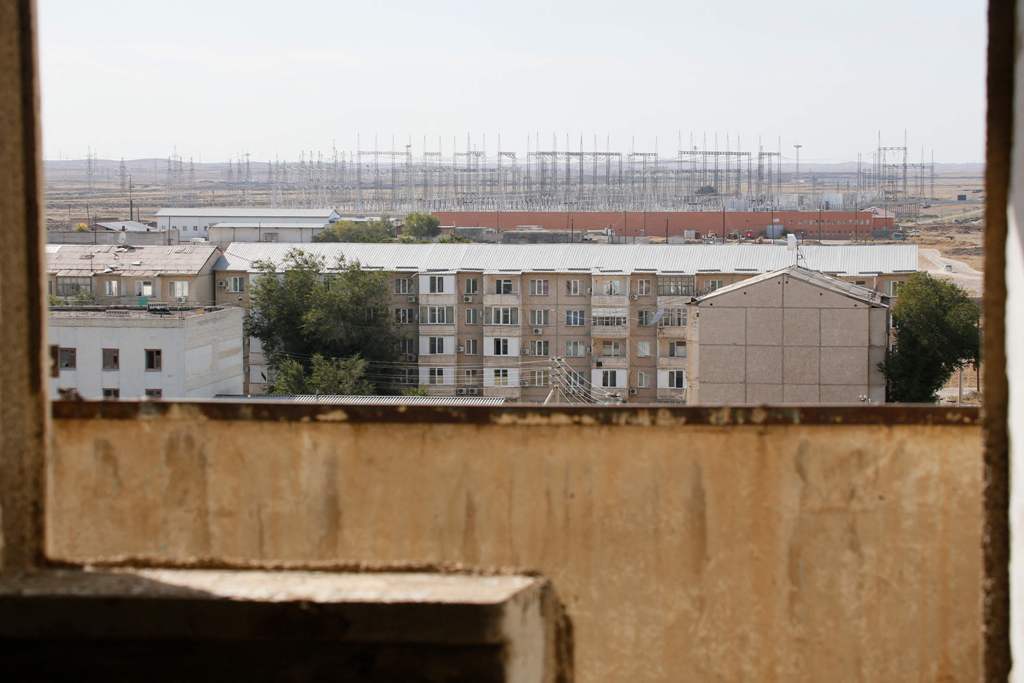
ALMATY (AFP) – Kazakhstan votes on Sunday in a referendum on building the country’s first nuclear power station as the world’s top uranium producer looks to boost its power generation capacity.
The result, due to be announced on Monday, is expected to be in favour despite lingering resentment over massive radiation exposure as a result of Soviet-era nuclear tests.
China, France, Russia and South Korea are in the running to build the new power station, which is to be located on the shores of Lake Balkhash.
President Kassym-Jomart Tokayev, who was elected in 2019, says it will be “the biggest project in the history of independent Kazakhstan”.

The “Yes” campaign has dominated ahead of the vote in a country which still has authoritarian reflexes, despite an easing of pressure on civil society under Tokayev’s rule.
To ensure a high turnout, Kazakhs are being allowed to vote even if they are not enrolled on electoral registers and riding on buses in major cities is free for the day.
“The referendum in itself is more proof of the enormous changes in Kazakhstan over the past five years — another clear demonstration of the concept of a state that listens,” Tokayev said ahead of the vote.
Opponents of the project fear an environmental disaster in the event of any accidents at the power plant but have struggled to get their message across.
Dozens of them were arrested in the weeks before the referendum, according to local private media.
While rich in oil and rare metals and the producer of nearly half of the world’s uranium, Kazakhstan faces chronic electricity shortages.
The issue of nuclear power, however, is sensitive in Kazakhstan.
Between 1949 and 1989, the USSR carried out around 450 nuclear tests there, exposing 1.5 million people to radiation.
The power station is due to be built near the semi-abandoned village of Ulken in the Kazakh steppes.




